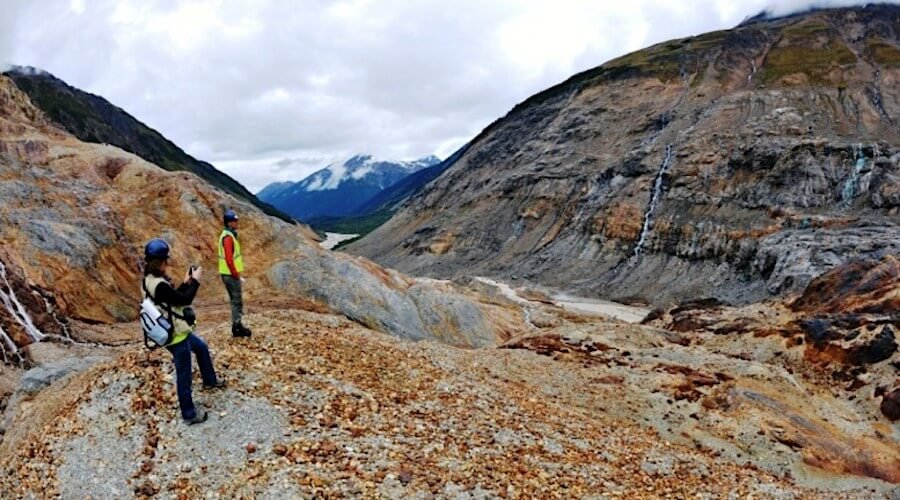The British Columbia Environmental Assessment Office’s recent “substantially started” determination for the Kerr-Sulphurets-Mitchell (KSM) mining project raises serious environmental concerns. This decision essentially grants permanent status to the project’s Environmental Assessment Certificate despite outdated Greenhouse footprint analyses.
The KSM project, a massive open-pit and underground gold-copper-silver mine, poses significant risks to downstream communities and ecosystems. Located in the coastal mountains of northwestern B.C., it threatens the headwaters of the Nass River and the transboundary Unuk River, which flows into Southeast Alaska.
B.C. regulators require project proponents to substantially start their projects within ten years, ensuring that environmental analyses stay up-to-date. However, the KSM determination ignores this rationale, locking in 16-year-old studies that predate the Mount Polley tailings dam failure and revamped provincial mine review processes.
Climate change and melting glaciers have dramatically altered the project’s remote setting, yet B.C. regulators can now disregard these changes. The determination also contradicts a B.C. The Court of Appeal ruling emphasized on-the-ground progress as the key factor in determining a “substantial start.”
Seabridge Gold, the project’s proponent, has completed only one permanent component out of 32 identified in the Certified Project Description. Nevertheless, B.C. justified the determination by citing Seabridge’s efforts to secure investment partners.
This rubber-stamp decision undermines the effectiveness of B.C.’s “substantially started” policy and raises concerns about the rigor of the environmental review process. The stakes are high, with potential impacts on salmon runs, biodiversity, and downstream communities tied to the Unuk and Nass watersheds.
In conclusion, the “substantially started” determination for the KSM project is a travesty, prioritizing mining interests over environmental protection and community concerns. A comprehensive and meticulous ecological assessment is crucial for safeguarding the region’s ecosystems and communities for future generations.
This news was originally published by Anchorage News Source.









